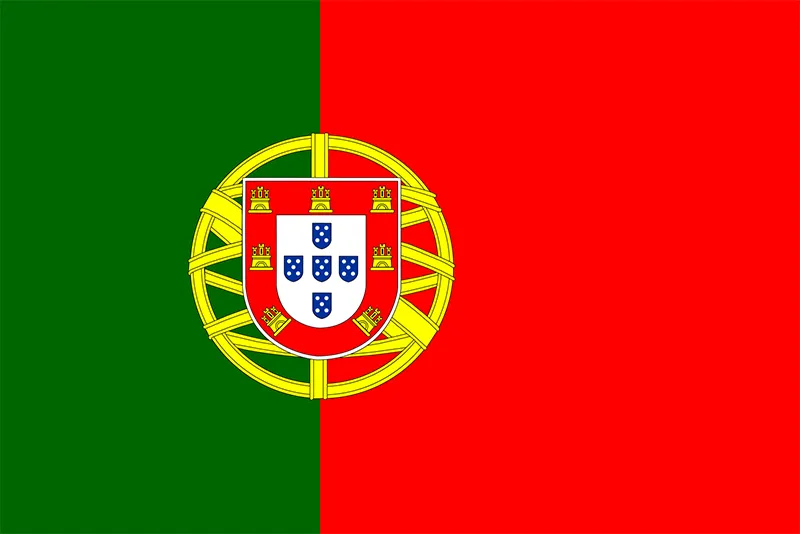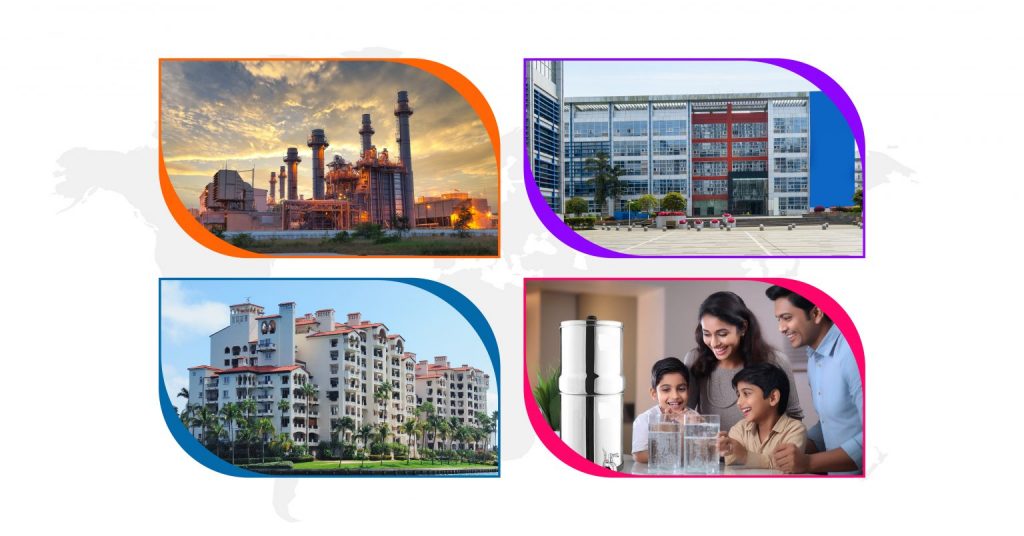Lisbon, the capital of Portugal, is a popular travel destination known for its rich history, vibrant culture, and stunning architecture. One crucial aspect to consider as a traveler is the local water quality. Many visitors often ask, “Can you drink tap water in Lisbon?” Understanding the safety and quality of tap water in Lisbon can enhance your travel experience, ensuring you stay hydrated without the need for bottled water.
Evolution of Water Supply Systems in Lisbon
In the past, Lisbon relied on various natural sources for its water supply, including rivers, wells, and aqueducts. These early methods were effective, but they lacked the sophisticated treatment processes we see today.
Modern advancements in water infrastructure have transformed how tap water in Lisbon is managed. The city’s water supply is now overseen by Empresa Portuguesa das Águas Livres (EPAL), which ensures that Lisbon tap water meets high-quality standards. These advancements have made Lisbon’s tap water not only safe to drink but also widely accessible.
Comparing Tap Water Quality: Lisbon vs. Other Cities
Lisbon sticks to stringent European standards for drinking water, ensuring that the quality of the water is comparable to that of other major cities in Europe. These standards regulate various aspects of water quality, including chemical composition and microbial safety. As a result, Lisbon tap water is considered safe and reliable.
When comparing Lisbon’s tap water quality to other major European cities, Lisbon stands out for its commitment to maintaining high standards. The water treatment methods used in Lisbon are on par with those in cities like Paris and Berlin, making it safe to say that tap water in Lisbon is as reliable as in any other European metropolis.
Solving Drinking Water Issues with Ion Exchange
Ion Exchange is a pioneer in potable water treatment solutions with its flagship brand, ZeroB. Our drinking water treatment solutions feature a range of purifiers utilizing advanced technologies like reverse osmosis and ultrafiltration membranes. Additionally, we incorporate electrochlorination, ozonation, and resins to purify surface and groundwater, ensuring it is safe and suitable for drinking
-
RO TECHNOLOGY
RO Technology, or Reverse Osmosis, functions by utilizing a high-pressure pump to elevate pressure on the salt side of the RO system, compelling water through a semi-permeable membrane and leaving behind dissolved salts in the reject stream. This process typically removes around 95% to 99% of dissolved salts from the water. Addressing concerns regarding water waste, Ion Exchange has introduced innovative technology with the launch of the world’s first high-resolution water purifier under its flagship brand, the Eco RO. This product is not only energy-efficient and environmentally friendly, but it also saves over 80% of water. Additionally, it stands out as the world’s only RO water system with a 70% pure water recovery rate.
-
UV Technology
UV technology, used in water purification, is highly effective in eliminating biological contaminants, including viruses and bacteria. It works by emitting ultraviolet light at a wavelength of around 254 nanometers, which is capable of altering the DNA structure of these microorganisms, rendering them harmless. This technology is particularly useful in safeguarding against water-borne diseases caused by pathogens like giardia and cryptosporidium. Ion Exchange UV purifiers, incorporating patented ESS Technology, ensure thorough disinfection, making them a reliable choice for UV water treatment despite inherent challenges.
-
HIGH RECOVERY RO (HRR) TECHNOLOGY
High Recovery RO (HRR) Technology is a groundbreaking process that introduces the Water Saver Cartridge (WSC), a patented innovation designed to enhance water treatment efficiency. This innovative system continuously removes salts, eliminates microbes, and enables operation at high recovery levels. Compared to conventional RO water systems, HRR offers an impressive three-fold increase in recovery, achieving up to 70% recovery from a single RO membrane. Additionally, it reduces water waste by over 80%, making it an environmentally friendly choice. HRR technology also extends the shelf life of water, ensuring its purity and safety. Certified by an NABL-accredited lab, HRR technology guarantees the effective removal of chemical contaminants, pesticides, bacteria, and viruses, further validating its efficiency and reliability.
-
ELECTROLYTIC SANITIZING SYSTEM (ESS)
Conventional UV purifying systems, while effective, can face challenges such as recontamination from slime or bacterial growth in stored water, voltage fluctuations, scaling of quartz, inadequate filtration, increased water flow, and photoreactivation of certain microbes. To combat these issues, a UV system supported by the ESS (Electronic Sterilization System) is essential. ZeroB’s patented ESS technology ensures complete disinfection, overcoming these challenges. With 35 years of expertise in the water industry, ZeroB introduces innovative water purifiers that meet every customer’s needs. Their products redefine water treatment standards, emphasizing purity and security.
-
RESIN TECHNOLOGY
Resins play a crucial role in numerous separation, purification, and decontamination processes. Ion Exchange India Limited stands at the forefront of resin manufacturing, offering a range of Ion Exchange resins tailored for water purification purposes. With Zero B water softeners, hard water is transformed into soft water through the application of ion exchange resin systems. Pioneering the market, Ion Exchange is the first company in India to introduce softeners featuring food-grade and NSF-certified resin, ensuring the highest quality standards to meet customer needs.
Conclusion
In conclusion, can you drink the tap water in Lisbon? Absolutely. The safety and quality of Lisbon’s tap water are ensured through advanced treatment methods and adherence to European standards. By drinking tap water in Lisbon, travelers can stay hydrated sustainably, enjoying the city’s many attractions without worrying about water quality.
Connect with Ion Exchange experts in Portugal to learn more about the authenticity of tap water.


